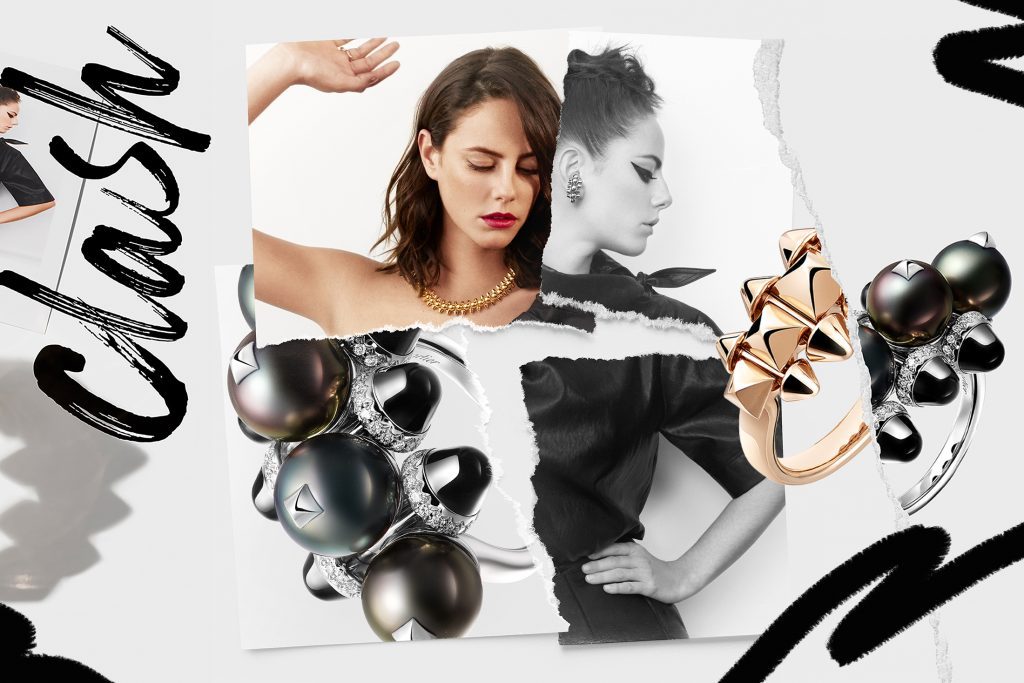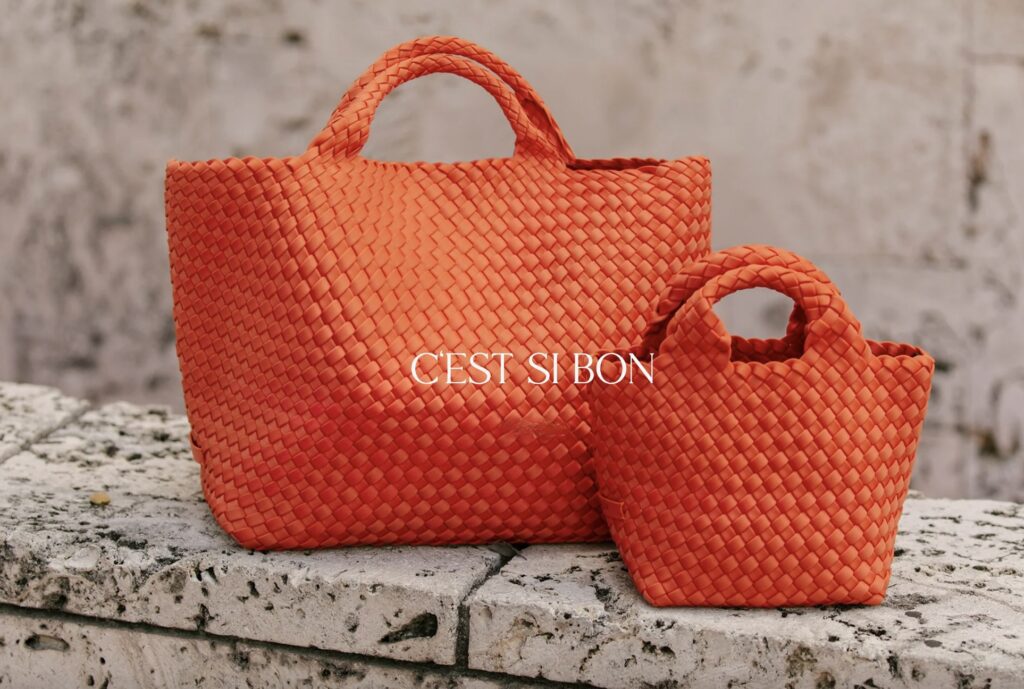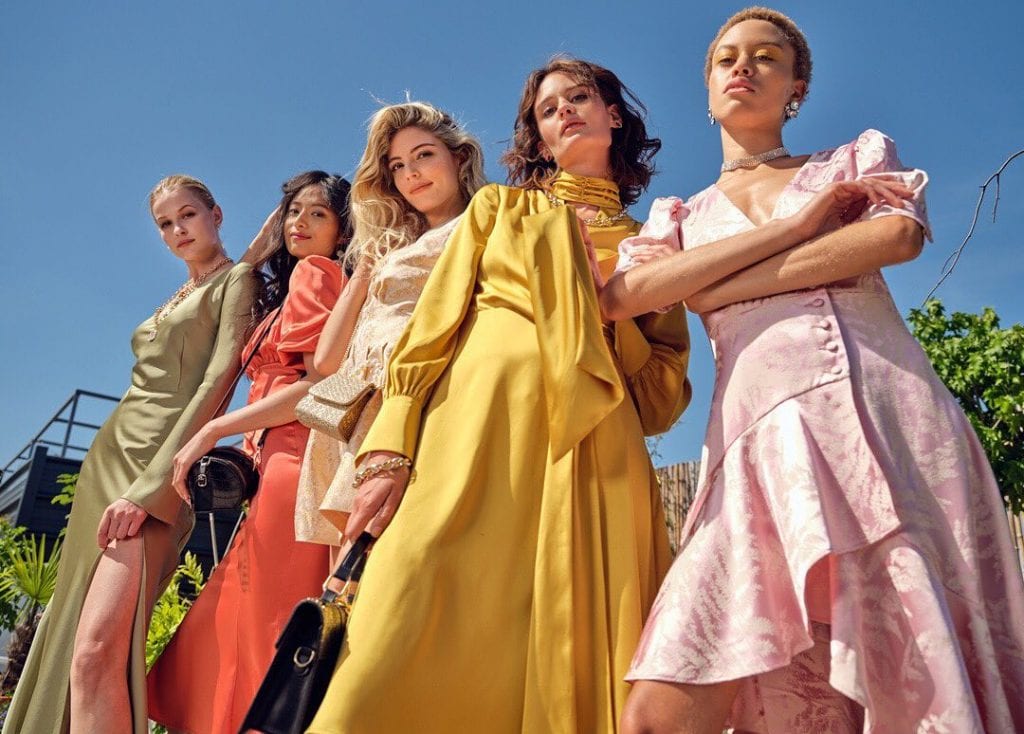In 2022, a number of new fashion, retail, and tech industry lawsuits – and developments in previously-filed cases – stood out in the crowded landscape of litigation because they indicate larger trends within these spaces, and other issues worth keeping an eye on. Among these are cases that stem directly from the striking onslaught of web3 tech, including non-fungible tokens (“NFTs”). The rise of web3 – a medium that mashes up virtual reality, augmented reality, social media, video, and other tech components – has led to a budding string of lawsuits, a pattern that will almost certainly continue for the foreseeable future, as fashion brands (and others) test the waters of the metaverse in order to connect with consumers and generate revenue from new streams.
Looking beyond the virtual world, privacy issues, reverse confusion, and the marketing of companies and/or their offerings as sustainable or otherwise ESG-friendly were at the center of a number of lawsuits in 2022. At the same time, big-name celebrities have landed on the receiving end of litigation for allegedly having a hand in helping to promote projects/entities – including now-bankrupt crypto exchange FTX – without disclosing the nature of their participation (i.e., the compensation they received in exchange for their endorsements). Still yet, competition was the central theme in at least a couple of notable new lawsuits, such as the trade secret suit that Cartier filed against LVMH-owned Tiffany & Co., as the latter group looks to bulk up the robustness of its hard luxury offerings.
With the foregoing in mind, here is a look at some of the many interesting and notable lawsuits and legal developments that we saw in 2022 …
1. The Hermès v. MetaBirkins Battle
In January 2022, Hermès filed a trademark infringement, federal trademark dilution, false designations of origin, cybersquatting, misappropriation, and unfair competition lawsuit against Mason Rothschild, the individual behind the collection of 100 MetaBirkins NFTs. Hermès claims that in furtherance of his sale of the NFTs, which are tied to digital images of furry Birkin bags, Rothschild simply “rip[s] off Hermès’ famous BIRKIN trademark by adding the generic prefix ‘meta.’”
Rothschild pushed back against Hermès’ claims, arguing (under Rogers) that his “fanciful depictions of fur-covered Birkin bags and his identification of his artworks as ‘MetaBirkins’ are artistically relevant and do not explicitly mislead about their source or content.” The parties are slated for trial in January 2023. In the meantime, you can find an Hermès v. Rothschild timeline here.
2. Nike Wages Suit Over StockX NFTs
Nike filed suit against StockX early this year, alleging that the marketplace site is on the hook for trademark infringement and dilution, as well as counterfeiting and false advertising, in connection with its offering of NFTs tied to images and physical versions of Nike footwear – albeit without receiving its authorization. To make matters worse, Nike claims that StockX is “selling those NFTs at heavily inflated prices to unsuspecting consumers who believe or are likely to believe that those ‘investible digital assets’ (as StockX calls them) are, in fact, authorized by Nike.”
StockX responded to Nike’s complaint, claiming that the NFTs at issue are little more than “claim tickets” or “digital receipts” used to “track ownership of a specific physical Nike product that StockX has authenticated using its ‘proprietary, multi-step authentication process’” – putting the sale of the sneakers (and corresponding NFTs) firmly within the realm of the first sale doctrine. (What NFTs consist of and where their value comes from are just a couple of the novel questions currently before courts.)
And in yet another example of an NFT-centric trademark lawsuit, Yuga Labs v. Ryder Ripps is still underway.
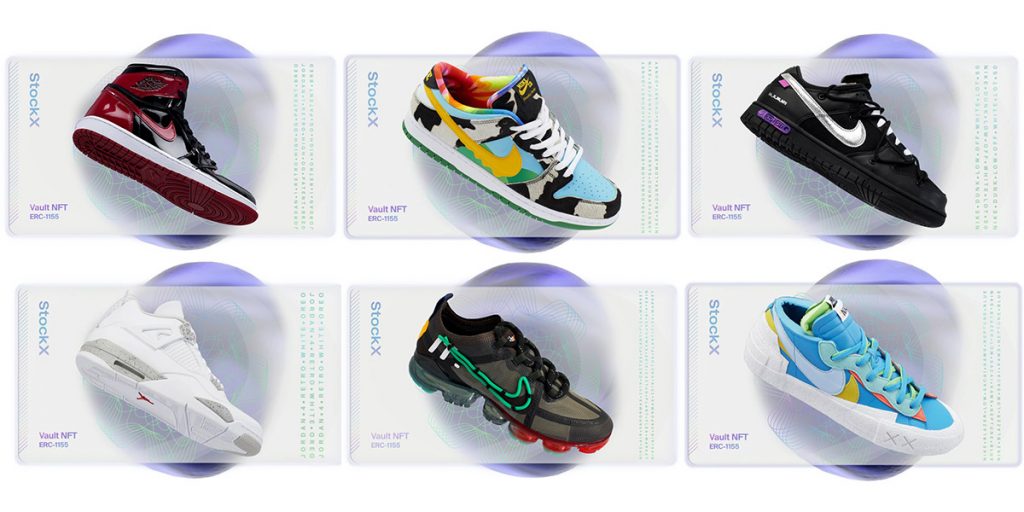
3. Sustainability Marketing Lawsuits
H&M named in not one but two lawsuits in 2022 over the marketing of its “Conscious” collection. In the first proposed class action, which was filed with the SDNY in June, the plaintiff alleges that H&M has created “an extensive marketing scheme to ‘greenwash’ its products” to present them “as environmentally-friendly when they are not,” thereby, engaging in deceptive acts/practices and false advertising. Part of H&M’s overarching effort comes in the form of its “misleading” environmental scorecards, which are prominently displayed on “green hang tags, in-store signage, and online marketing.”
The Swedish fast fashion giant was sued again in November (this time in federal court in Missouri) for allegedly peddling a “false” sustainability narrative by “marketing and labeling products [as] ‘Conscious Choice’” even though they “not made from sustainable and environmentally friendly materials.” H&M’s marketing – which aims to “increase profits and to gain an advantage over its lawfully acting competitors” – serves to “deceive consumers” like the plaintiffs, who say that they would not have bought the products or would not have paid the prices they did had they known the real nature of the goods.
Meanwhile, Coca-Cola Company escaped a false advertising lawsuit waged against it by an environmental activist group, which accused the beverage giant of greenwashing by marketing itself as “a sustainable and environmentally friendly company, despite being one of the largest contributors of plastic pollution in the world.” In a win for companies looking to make forward-looking and/or “generic” sustainability/ESG claims, a judge for the Superior Court in Washington, D.C. determined that the bulk of Coca-Cola’s claims are not actionable, as they are “general, aspiration corporate ethos” statements that do not include any “promises or measurable data points” that can be proven to be inaccurate.
4. The Case Over the Wavy Babys
In the wake of the Nike v. MSCHF lawsuit last year, the Brooklyn-based art collective-slash-sneaker maker was sued in April by Vans , which accused it willfully infringing its trademark rights in the 40-year-old OLD SKOOL shoe. MSCHF has since claimed that its offerings, including the Wavy Baby sneaker, “are not mere consumer goods,” but instead, are “an expression protected by the First Amendment.”
MSCHF and Vans went before the U.S. Court of Appeals for the Second Circuit in Sept., arguing over the preliminary injunction put in place this spring to block MSCHF from promoting its allegedly infringing Wavy Babys by displaying the shoes on its website, mobile app, and in art exhibitions, among other things.
On the heels of orals arguments, which took place in September, the U.S. Court of Appeals for the Second Circuit stayed further proceedings in the case until the after SCOTUS issued an opinion in Jack Daniel’s v. VIP Products, a trademark case that similarly hinges on whether a consumer (err … pet) product is an expressive work entitled to First Amendment protection. In the “Bad Spaniels” case, that product is a dog toy that resembles a Jack Daniel’s whiskey bottle, which VIP Products has argued should be shielded from infringement and dilution liability due to its humorous nature.
Another Vans lawsuit worth watching: The sneaker co.’s ongoing trademark case against Walmart.
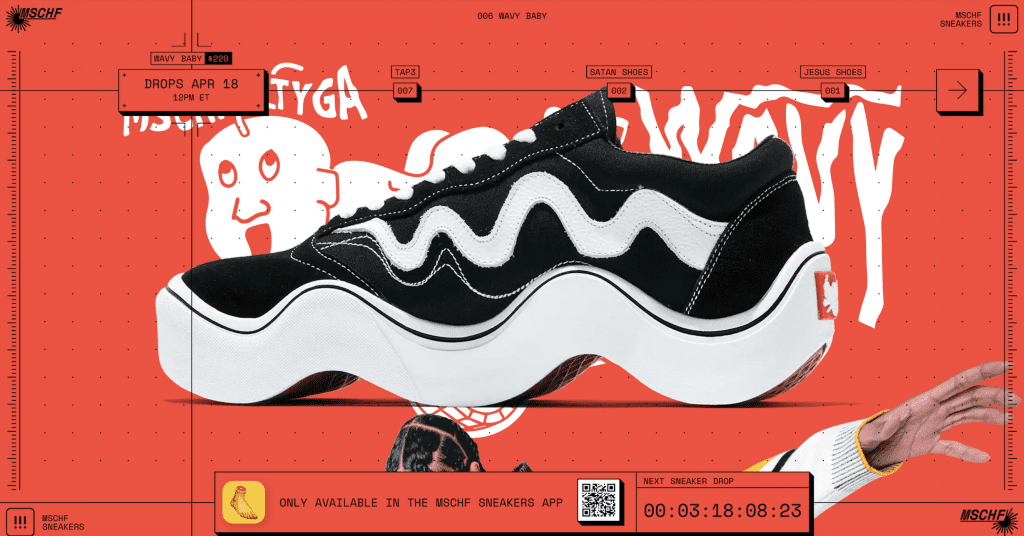
5. Cartier and Tiffany & Co.’s “High Jewelry” Clash
In a case initiated in February, Cartier claims that Tiffany & Co. attempted to secure secret information from two former employees in order to boost its “high jewelry” division. Tiffany & Co. subsequently urged a New York Supreme Court judge to toss out the trade secret misappropriation, unfair competition, and tortious interference claims in what the LVMH-owned brand calls a “doomed” attack by Cartier, “calibrated for maximum publicity.”
Richemont-owned Cartier’s lawsuit comes as Tiffany & Co. is currently in the midst of a sweeping revamp since being brought under the LVMH umbrella in a $15.8 billion deal that was completed last year, and amid a larger effort by LVMH to bolster its hard luxury offerings.
This is a short excerpt from TFL’s 2022 Year in Review, which was published exclusively for TFL Enterprise subscribers, and which dives into everything from deals that further consolidated the retail and resale segments over the past year to the rise in ESG-centric actions from regulators and consumer plaintiffs – and the increasing adoption of web3 technologies by the fashion and luxuries goods industries in order to discern current trends and identify critical themes to watch for in 2023. Inquire today about how to sign up for an Enterprise subscription and gain access to all of our content.




